Foam rollers have become quite popular in recent years, and it’s easy to see why. Most people report that the foam roller makes an excellent stretching aid. There is little doubt that good stretching will yield several benefits, and the foam roller gives you a way to supercharge those benefits.
Why Does It Hurt To Use A Foam Roller?
In most cases, a foam roller does not cause pain. However, an intense stretch can cause a little bit of pain. This is particularly true if you haven’t stretched in a while. The tighter your muscles, the more pain you will experience. As we already said, the foam roller is a device that is meant to maximize your results when stretching. As such, it shouldn’t surprise you to learn that this is a slightly more intense kind of stretching.
That being said, you should not feel intense pain when stretching. In fact, anything other than mild pain is a warning sign. The whole point of stretching is to prevent injury, but it is possible to cause an injury through overstretching.
Ways To Avoid Pain When Using A Foam Roller
If you are experiencing pain when using your foam roller, it is possible that you may not be using it correctly. Let’s go over a few pointers that will help to get your technique in line.
First of all, you should experiment with different sizes. Foam rollers are available in a lot of different lengths and thicknesses, and each one offers certain advantages for certain types of movement. While you can certainly make do with one, a little experimentation will help you to fine-tune your routine.
One of the most important things is to avoid rolling directly on a bone or (Even worse) a joint. Remember, the whole point is to work the soreness out of your muscles. Bones don’t get sore, so you won’t be doing yourself any good by rolling the foam against them. It’s also a good idea to avoid using the neck muscles for this exercise. The bones of the neck are much more fragile and can cause much more harm if they are damaged. It’s better to avoid that risk.
You should also avoid rolling the lower back. When you do this, the spine tends to curve in an unnatural way, and that can cause problems over time. That brings us to one of the most important concepts: The idea of natural body alignment. The human body, like any other machine, is meant to function in a certain way. Awkward movements tend to misaligned the bones and muscles, causing all sorts of problems. If your foam roller movement feels very weird and awkward, you should probably try something else.
It is also advisable to roll slowly and concentrate on the tender spots. When you find a sore spot in your muscles, it might be tempting to avoid that spot. However, these tender spots are the very root of your muscle soreness. Think of them as little pockets of pain that have to be rubbed out of existence. Remember, it’s not a rolling pin, and your back isn’t made of dough.
Is A Foam Roller Effective And Useful?
 A lot of people report better recovery rates and less muscle soreness when using a foam roller, but let’s see if these anecdotal reports are backed up by science. There aren’t a whole lot of scientific studies on this subject, but we did find a few of them.
A lot of people report better recovery rates and less muscle soreness when using a foam roller, but let’s see if these anecdotal reports are backed up by science. There aren’t a whole lot of scientific studies on this subject, but we did find a few of them.
First, let’s take a look at this one. These researchers combed through the scientific literature to find cases that would fit their criteria. They found fourteen cases in which a foam roller (or a similar device) was used and tested. While they said that more research was needed, these researchers concluded that the foam roller was effective for two distinct purposes: Increasing one’s range of motion and reducing post-workout soreness.
Of course, that study was very broad in its scope, so let’s take a look at something a little more specific. This study focused on the use of a foam roller as a remedy for post-workout muscle soreness. Not only did they find the foam roller to be effective, but they found a very large difference between the foam roller group and the control group. To be fair, this study involved only eight participants selected at random, so it isn’t one hundred percent conclusive. However, the results are encouraging.
This next study focused on range of motion and muscle performance. After a workout, the muscles are slightly damaged. As such, they have to work harder to accomplish normal tasks. By measuring the energy usage of muscle groups, these researchers determined that the foam roller increased muscle efficiency in a relatively large way. It also seems to have (once again) done a good job of reducing muscle soreness.
Why Does The Foam Roller Work?
As you may know, muscles are made up of many fibers. These fibers are bundled together, but have you ever wondered about the tissue that holds them together? Those fibers are called fascia. They are thin and transparent but are quite strong. Like a rubber band, their strength comes from their flexibility. There is good evidence to show that the use of a foam roller will significantly increase the mobility of the muscle fascia.
Conclusion
The foam roller seems to be a very interesting fitness tool. A lot of people do not stretch properly before (or after) a workout, so there is definitely a need to be filled in this department. Upon review of the scientific evidence, we find that all of the results seem to be positive. While most of these studies were limited in their size and scope, all of them showed results that favor the use of the foam roller.
As for the pain factor, we would advise you to accept a certain amount of pain when using this device. However, a good stretch should not cause anything beyond a dull ache. If you experience anything more, you should change your methods immediately. You might also consider scheduling an appointment with a doctor, but that depends on the severity of the problem. If you have enjoyed this article and found it to be helpful, we invite you to follow us on Facebook.



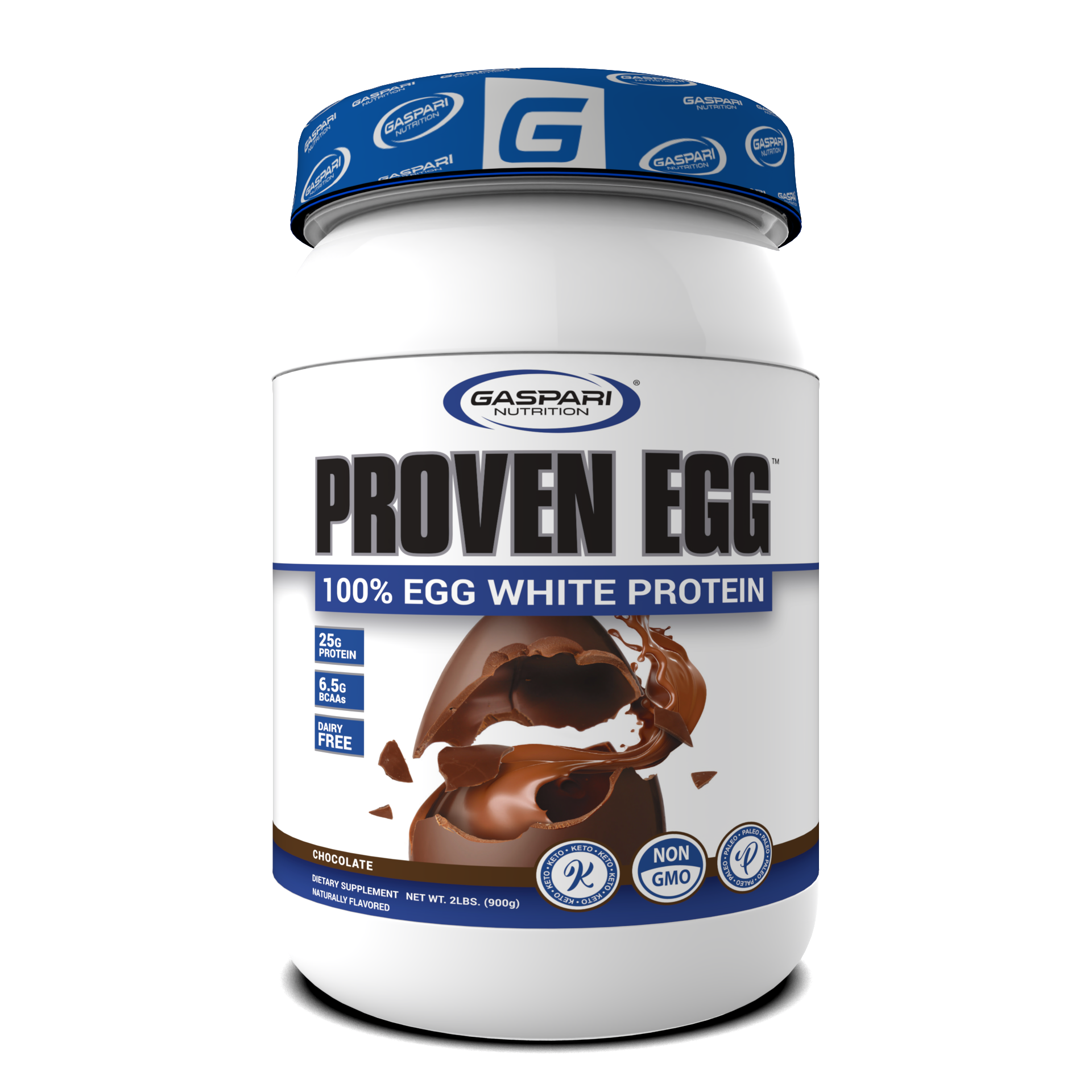



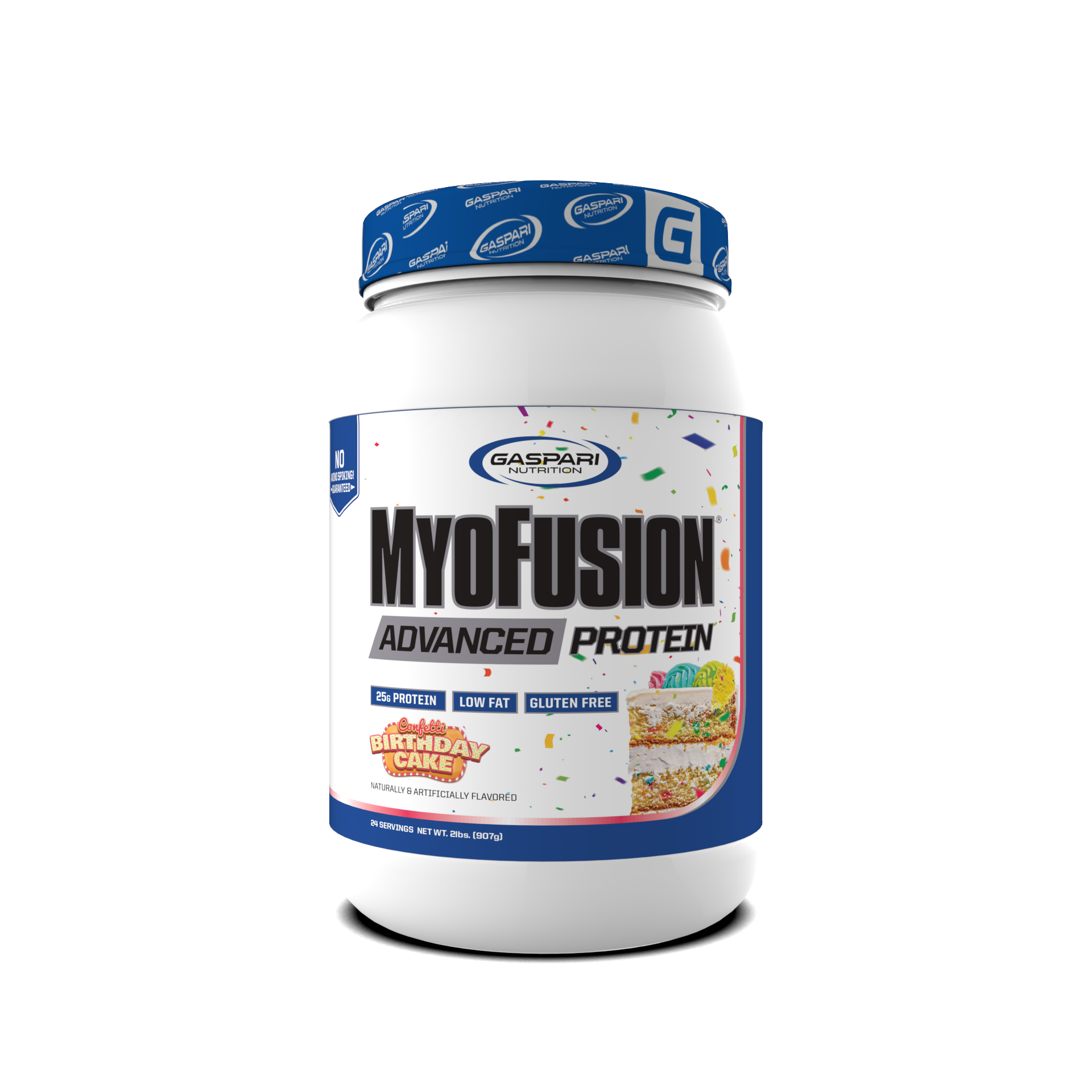



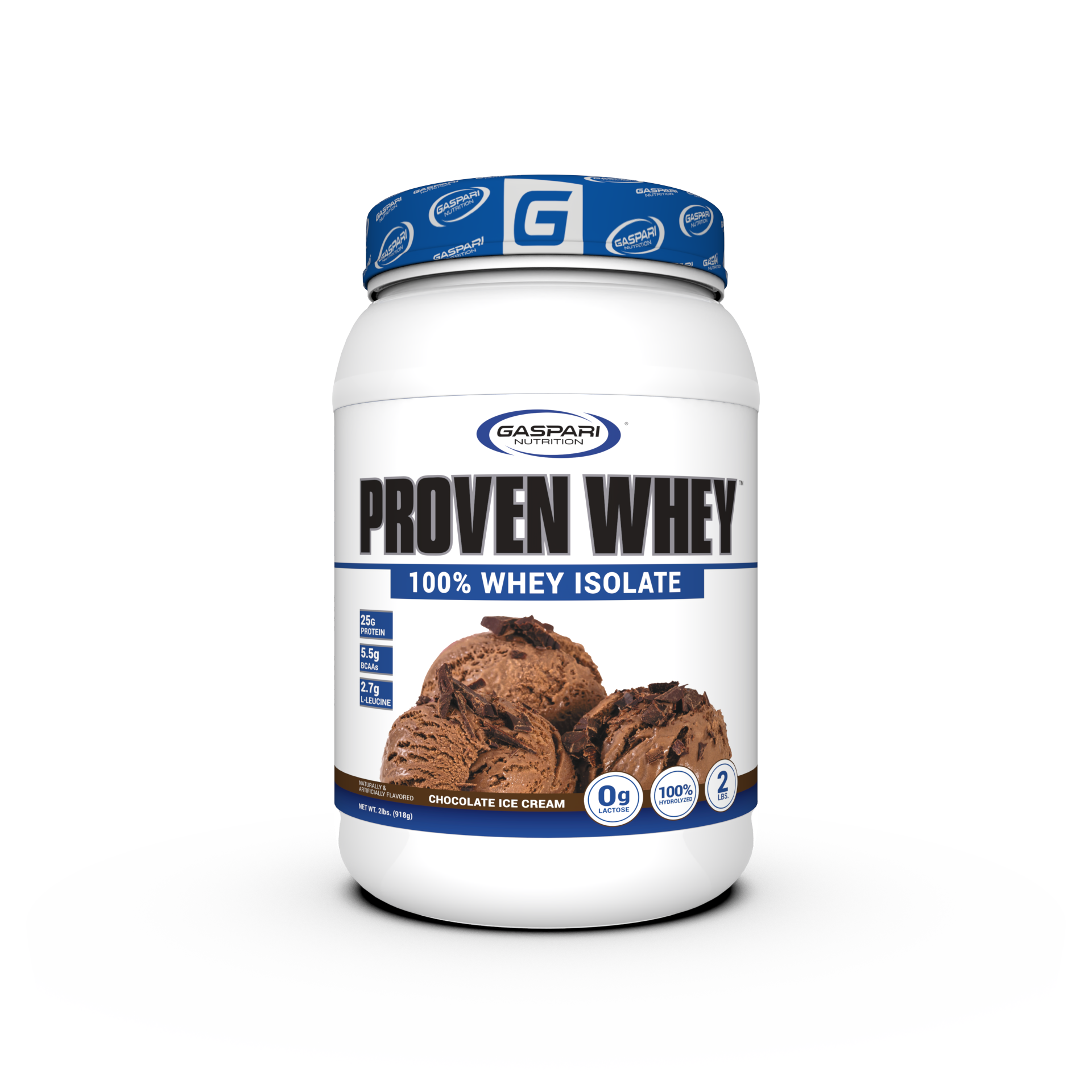




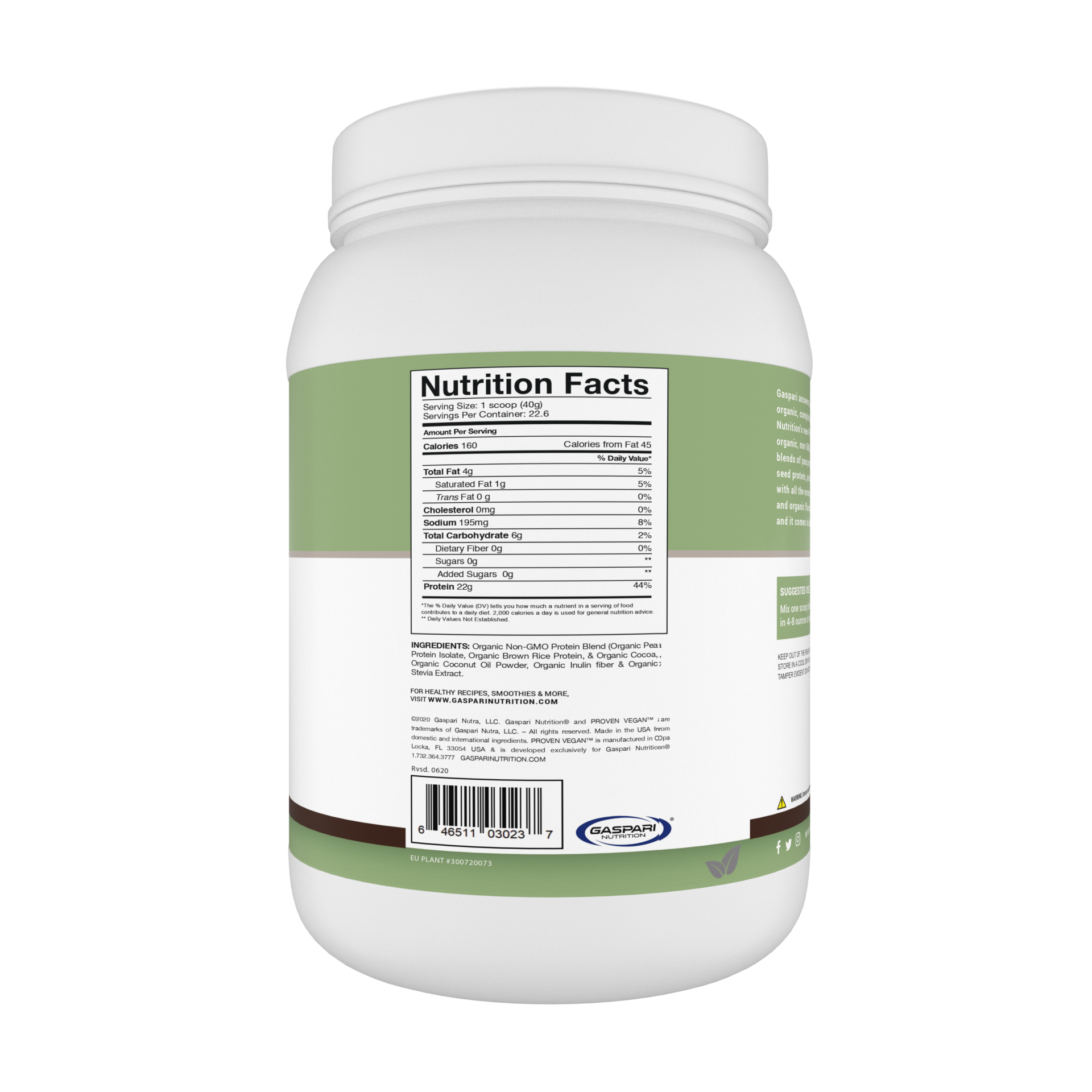






















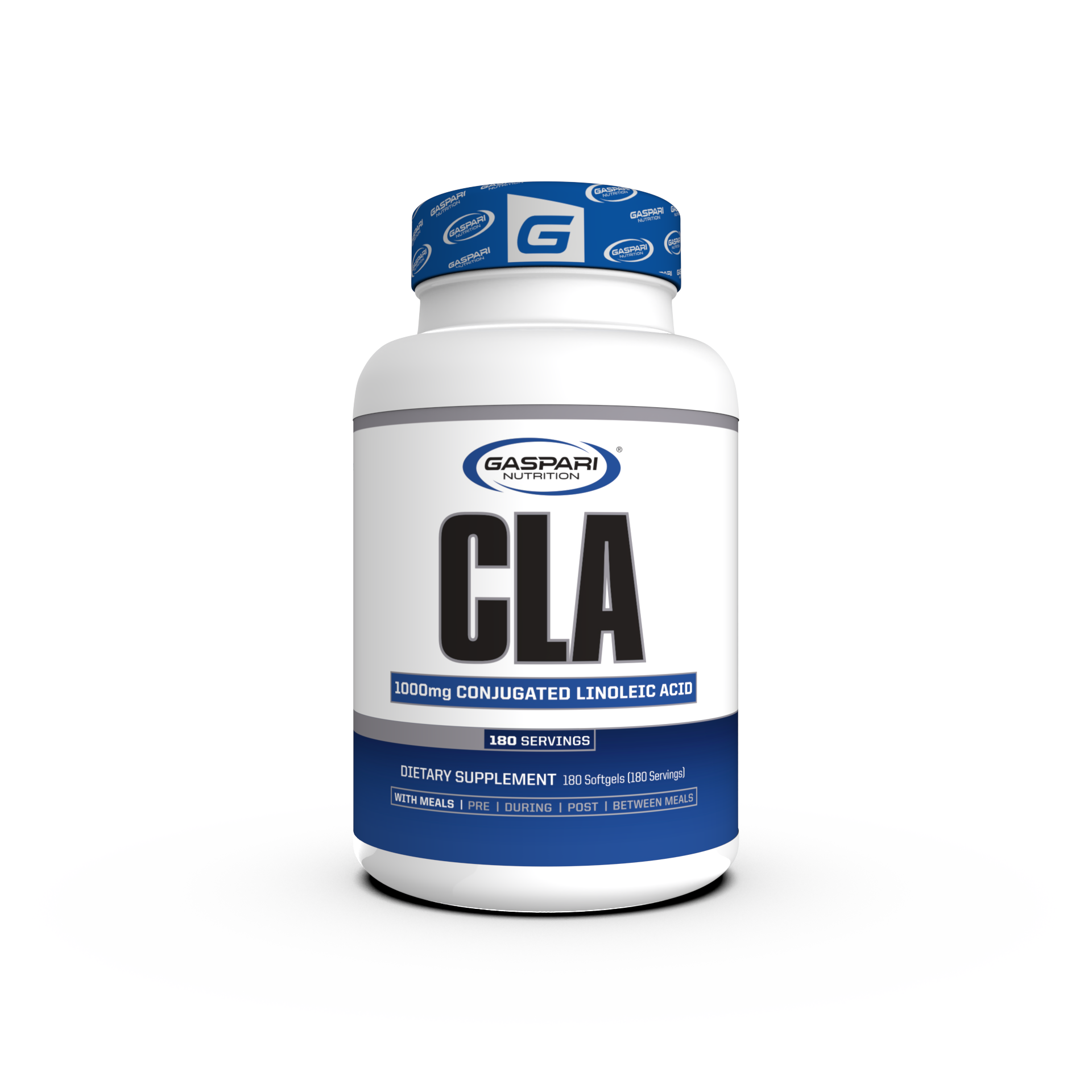



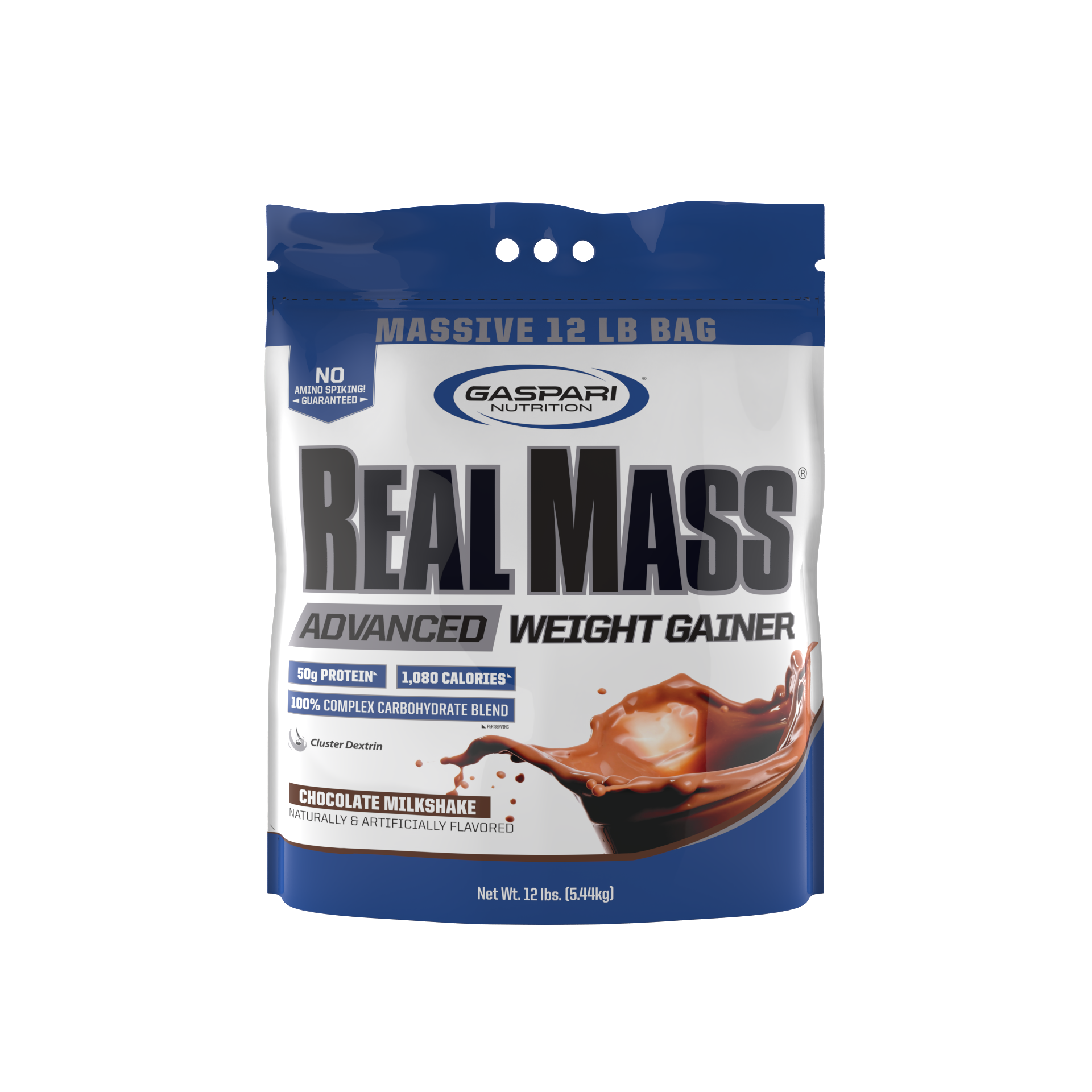











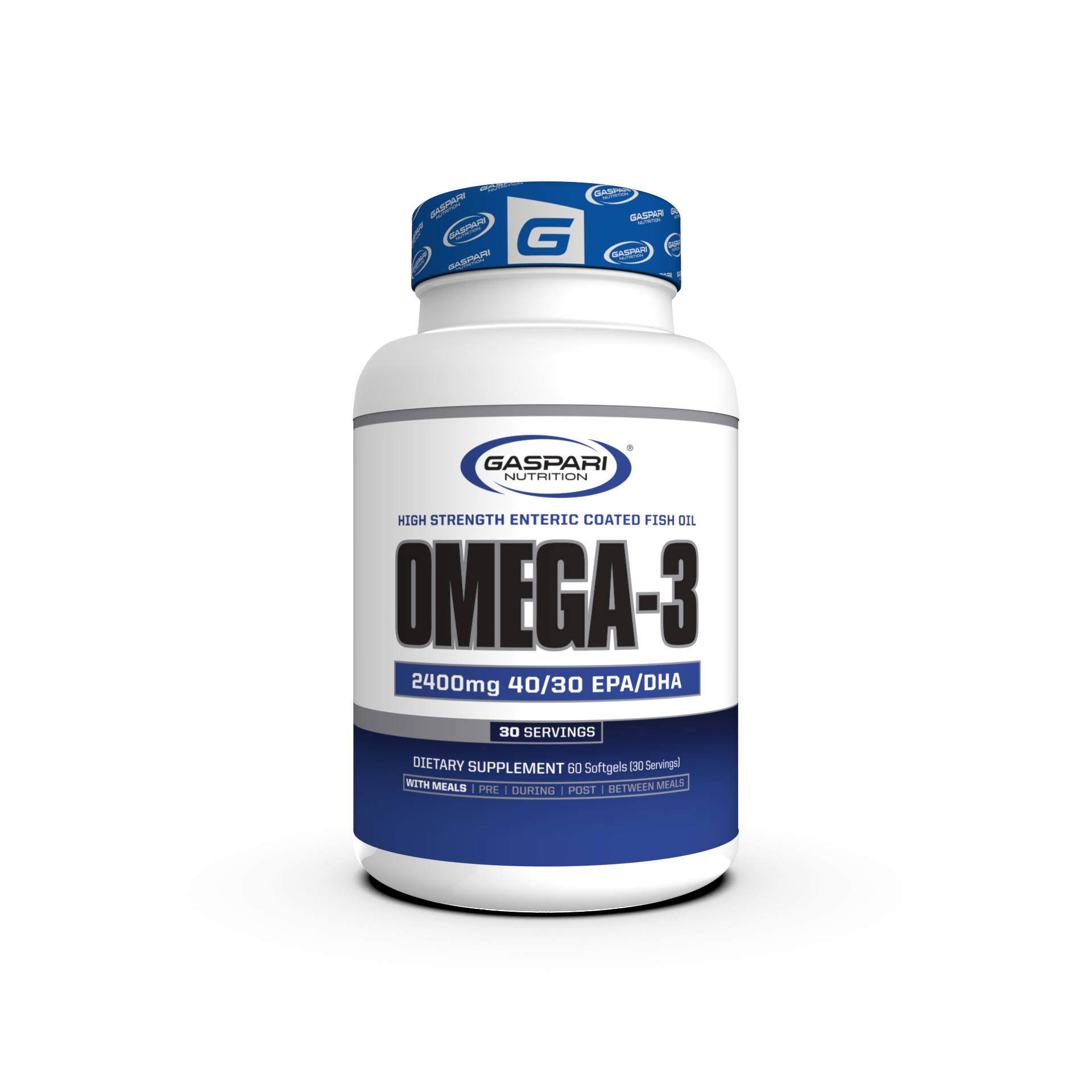



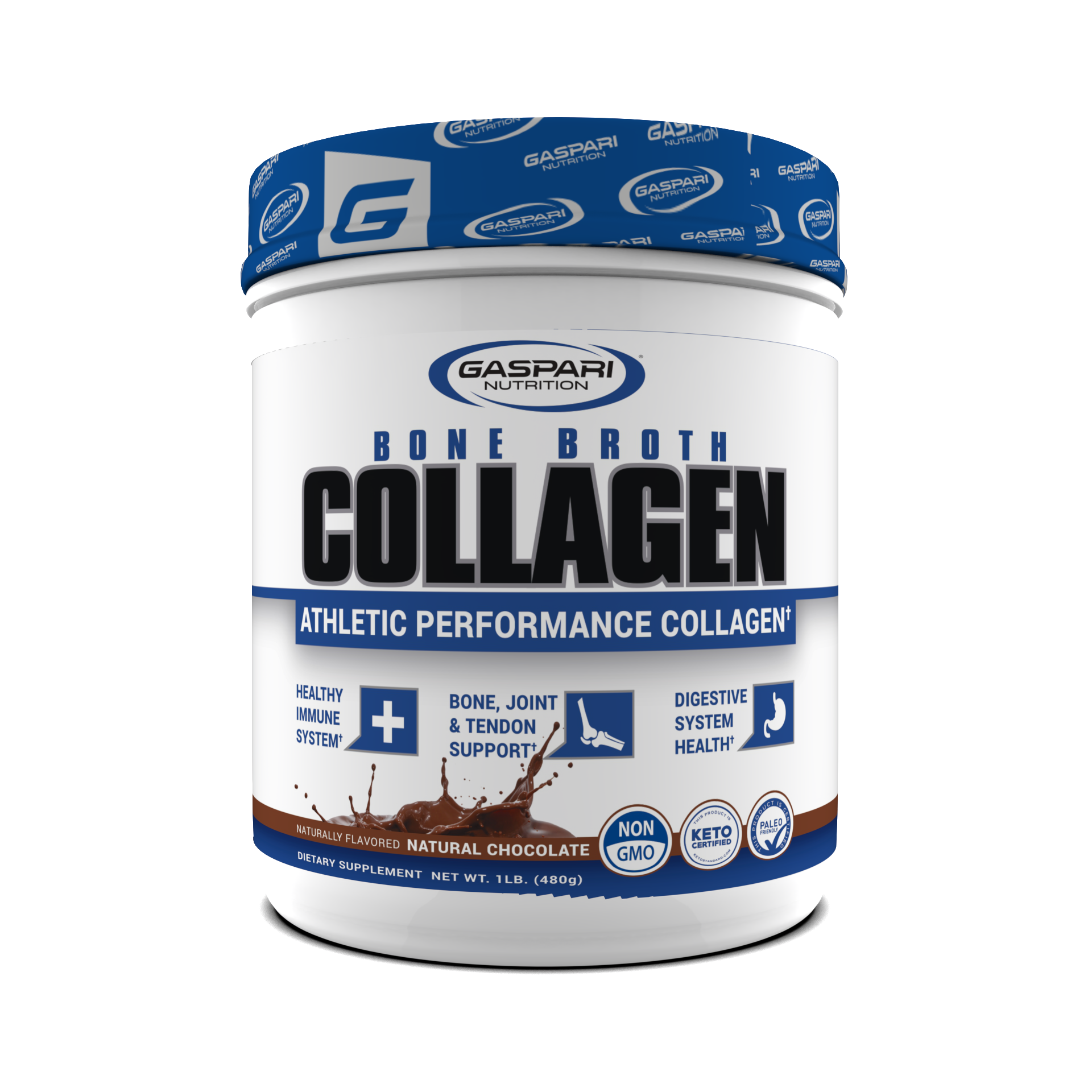



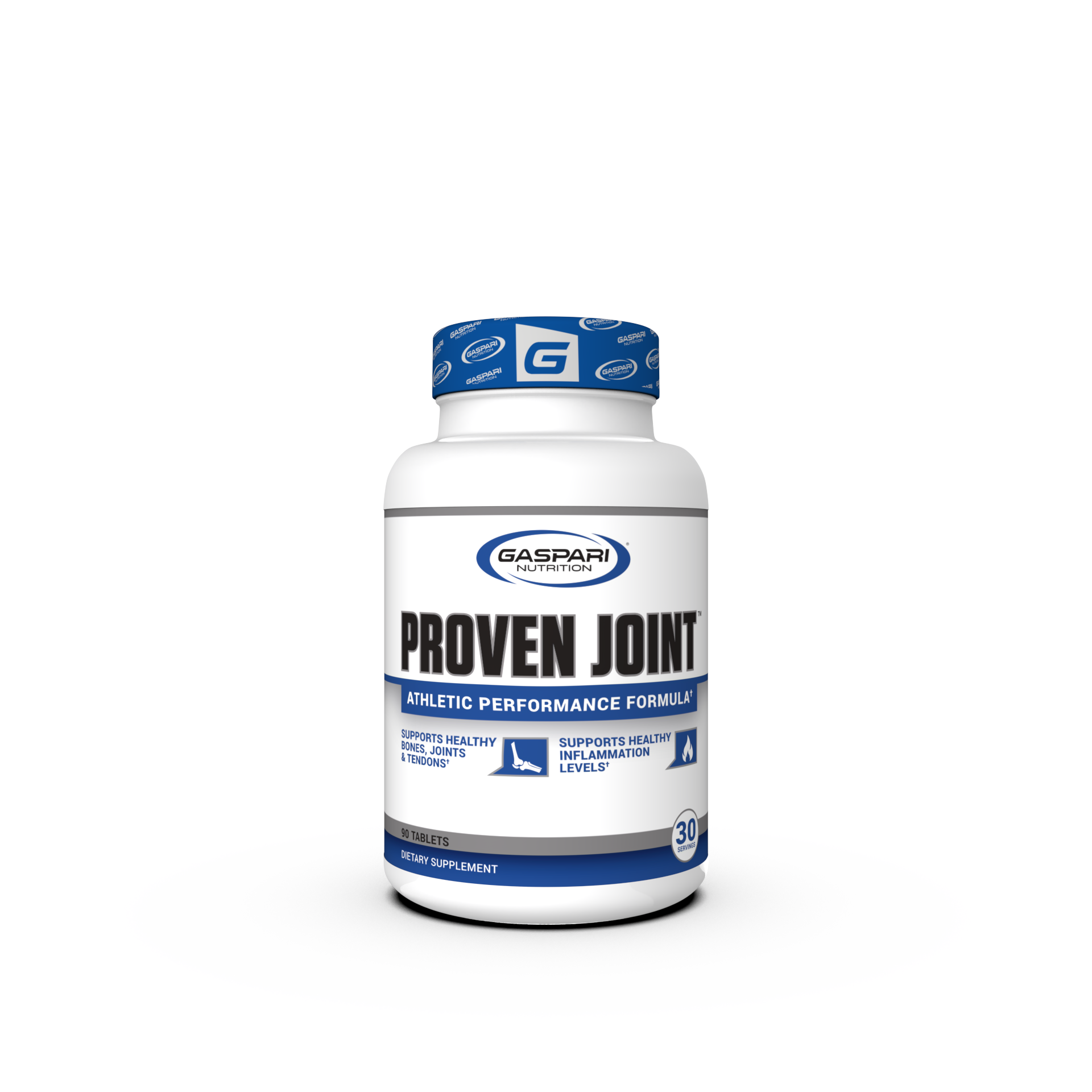








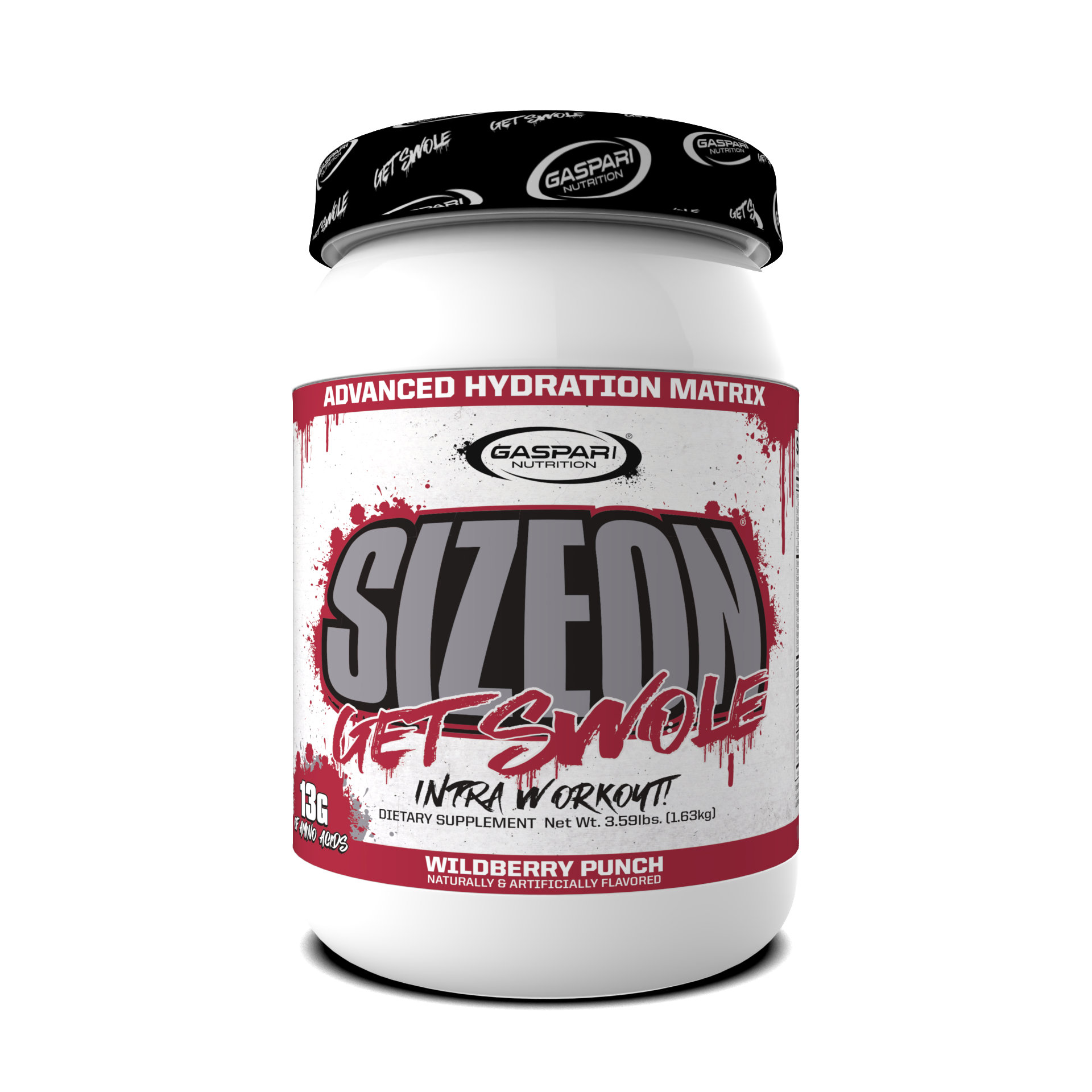


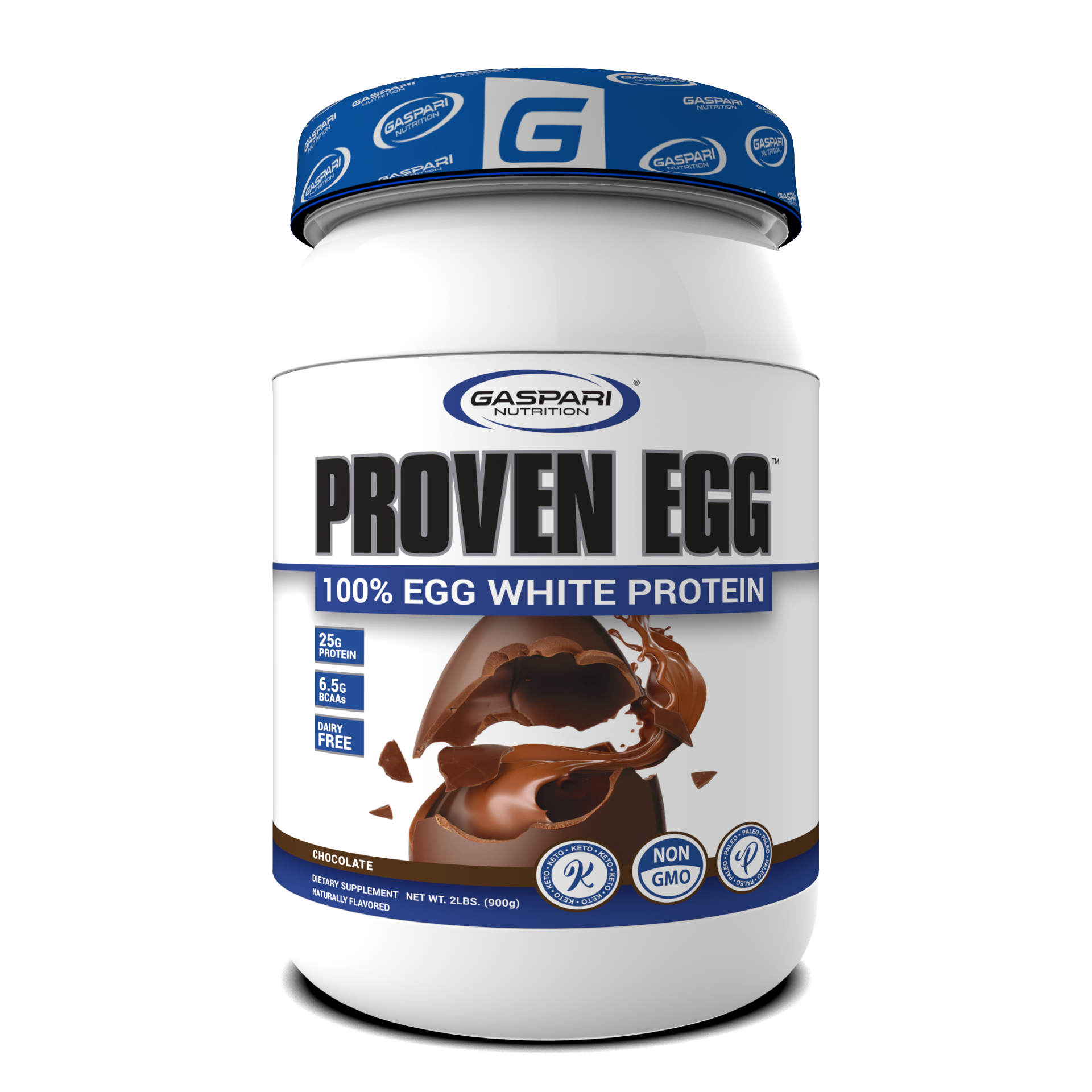

Share:
Is Your Cardio Routine Sabotaging Your Weight Loss?
Is Your Cardio Routine Sabotaging Your Weight Loss?